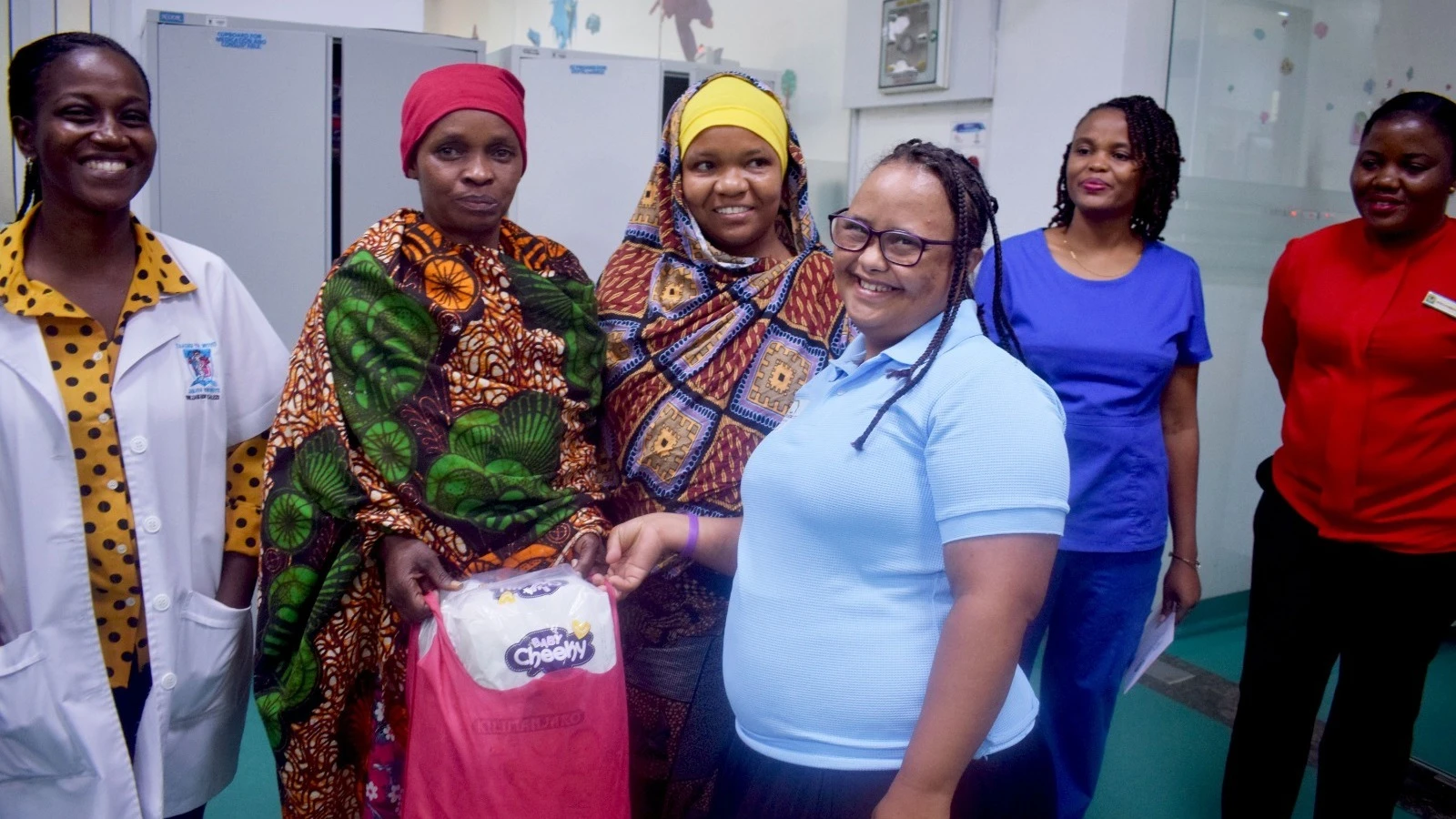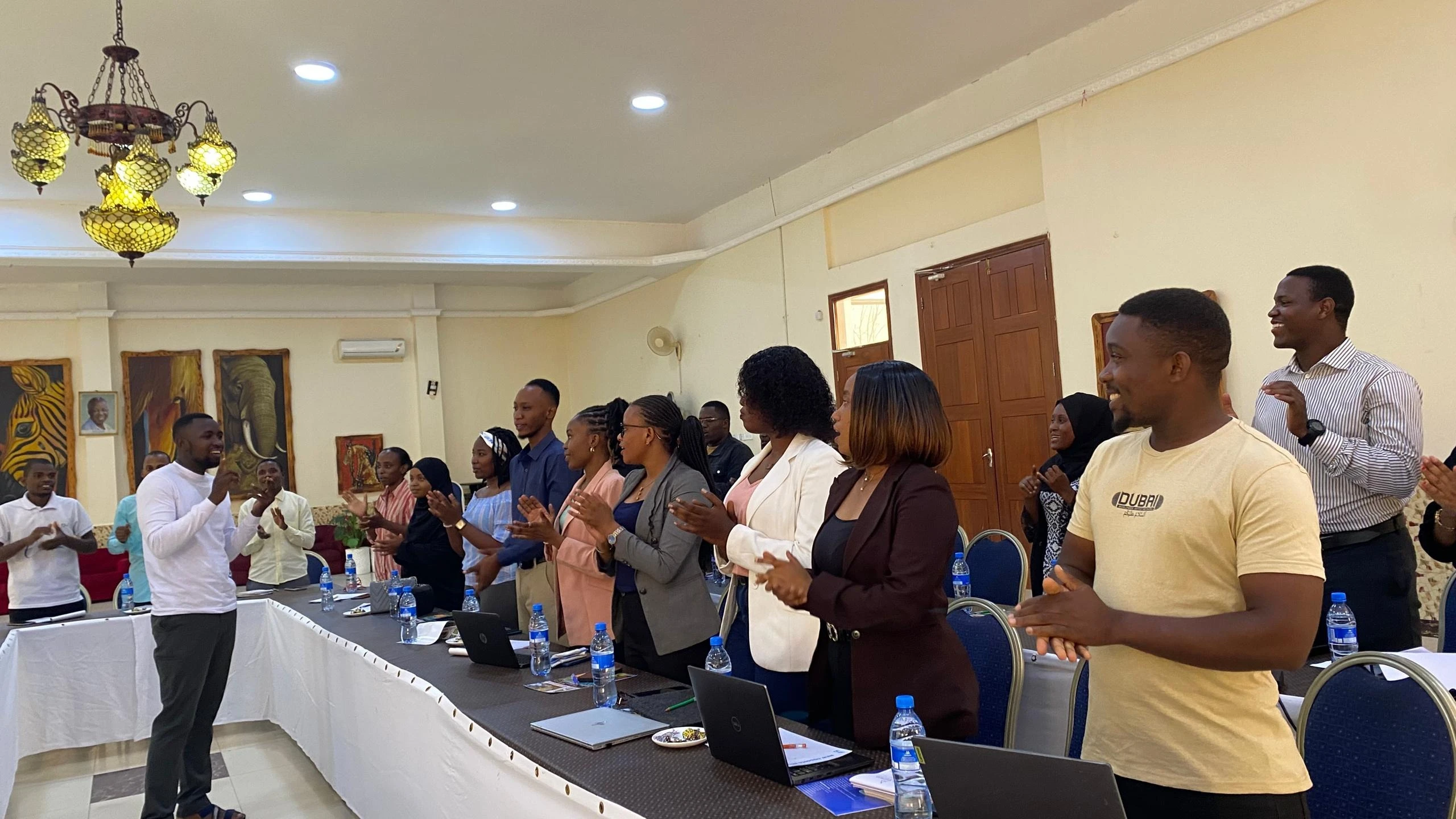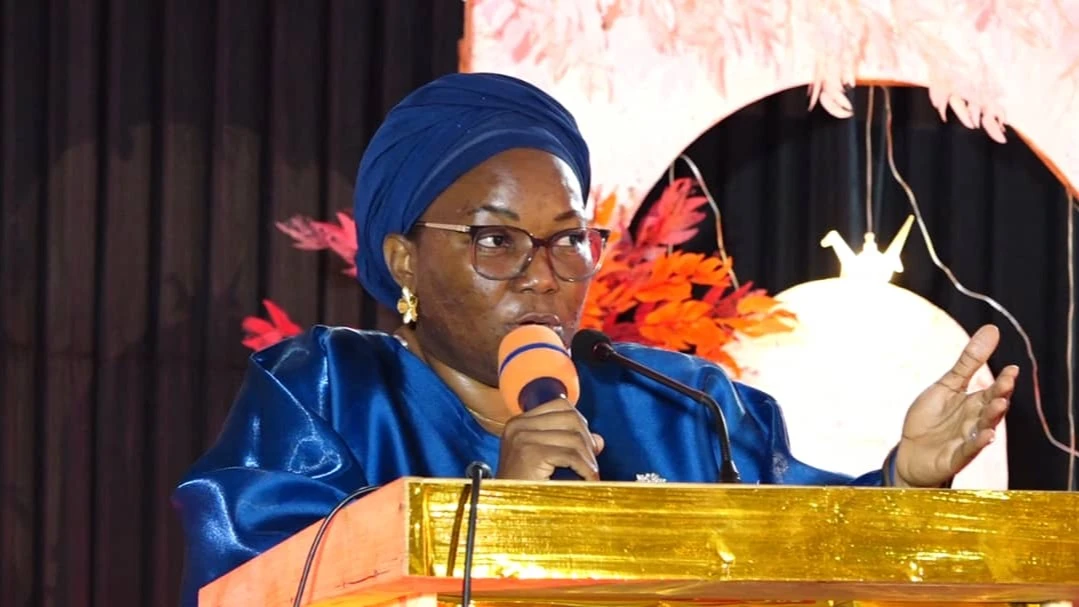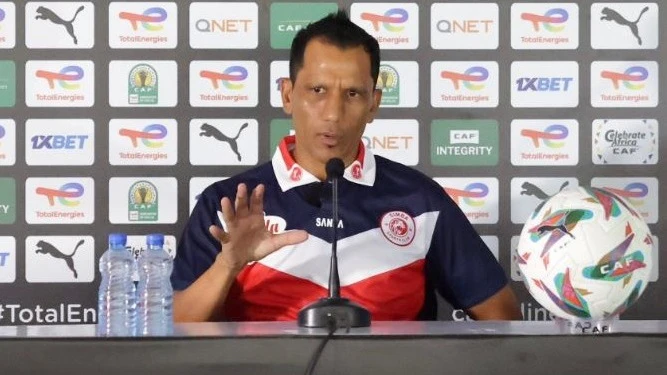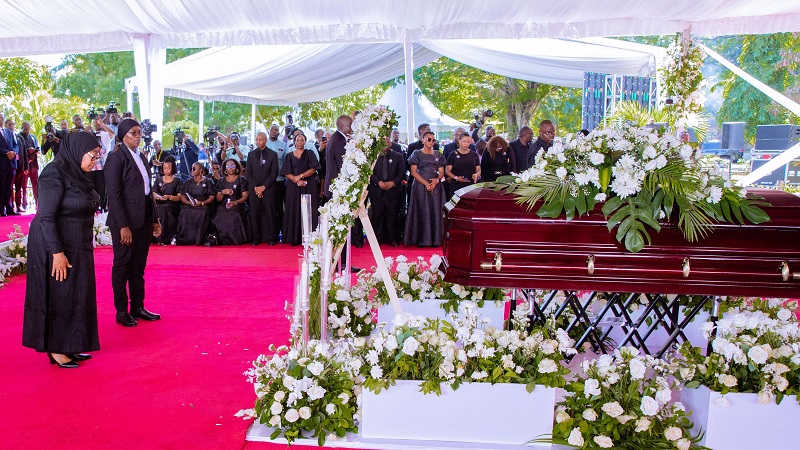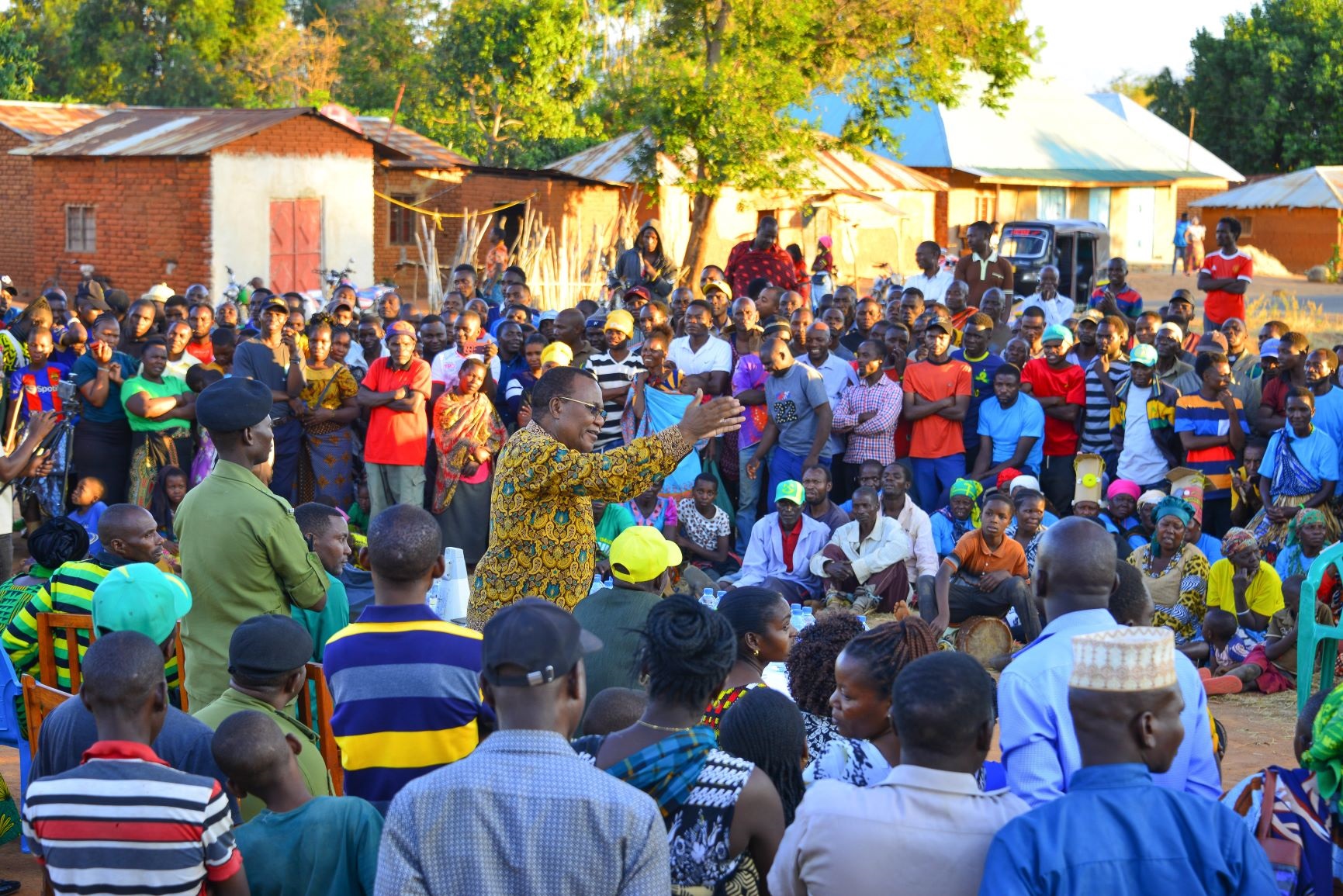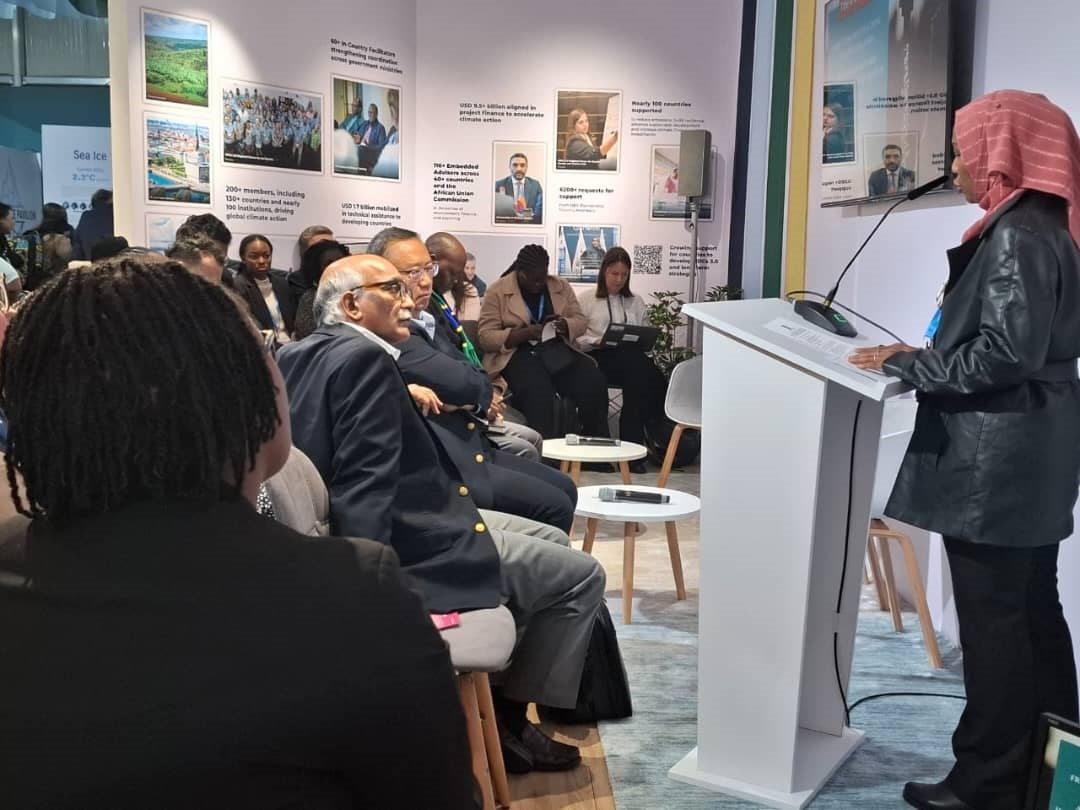‘Using staff engineers has cut costs in water projects’
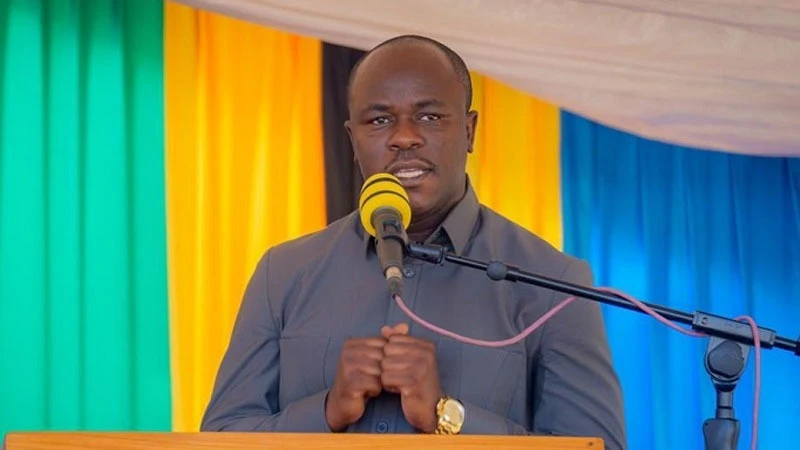
THE government has for the past three years rescued over 700bn/- in water projects after it started using its own technicians (force account) to implement various projects.
Jumaa Aweso, the Water minister, made this assertion at a briefing in Dar es Salaam over the weekend devoted to achievements in the sector during the three years of sixth phase leadership.
Major changes have been registered in the water sector on account of robust measures taken by the government, citing diminution of seeking out private contractors in significant or major projects.
He said that as some of them were dishonest, the situation was costing the government a lot of money, which has changed over the past eight years.
At the start, things were unpleasant as many projects remained white elephants leaving many people without water services, he said, affecting sentiments of legislators on the ministry’s budget each year.
Explaining this in the National Assembly was hard due to challenges that were facing the sector, he stated, noting that the new office bearers and other civil servants there worked hard to reverse the situation by making changes within the ministry.
Some projects dated back to the 1970s but were never completed, in which case the ministry worked hard to alter the jobs and functions of its engineers as well as enhance their competences, to take on the task of implementing projects, he stated.
The Kigamboni-Kimbiji water project in Dar es Salaam was billed at 700bn/- but with the use of staff engineers, the ministry spent 25bn/- to get the work done, he stated.
A two million litre water tank in Dodoma was projected to cost 2.5bn/- but later engineers from the ministry took it up, so the government spent 998m/-, he elaborated.
“We also had the Mguru wa Ndege water project in Morogoro Region which was billed at 1.2bn/- but after new instructions, ministerial staff needed 550m/- to complete it, he specified.
Fetching water from Lake Victoria for use in Tabora Region had 600bn/- affixed to it in budgeting, but using staff engineers brought down the cost to 570bn/, he similarly noted.
The Kiaka-Bunazi project for which 20bn/- was demanded took 15.7bn/- to completion with the use of staff engineers, he said, explaining how taking office was problematic.
At one point the minister visited Mwakitolio in Shinyanga Rural District, being greeted with empty water buckets to underline displeasure of residents over the lack of water supplies.
Yet the government had provided 1.2bn/- for the water project in the area, but local officials were effusive with excuses on the issue, he recalled.
The same situation came up in Handeni, Tanga Region and various other areas where contractors were not carrying out their duties, with 177 water projects for which the government had issued funds for implementation but were not working, and had since then all been completed, he said.
To further ensure that there is value for money in every project; the ministry devised an engineering cost estimate before commencing project building, he said, noting that these changes had to do with hesitation by MPs to approve funds which were not likely to be put to good use.
The government aims at universal access to water and sanitation by 2030, tied with the sustainable development goal (SDG) number 6, he added.
Top Headlines
© 2024 IPPMEDIA.COM. ALL RIGHTS RESERVED











